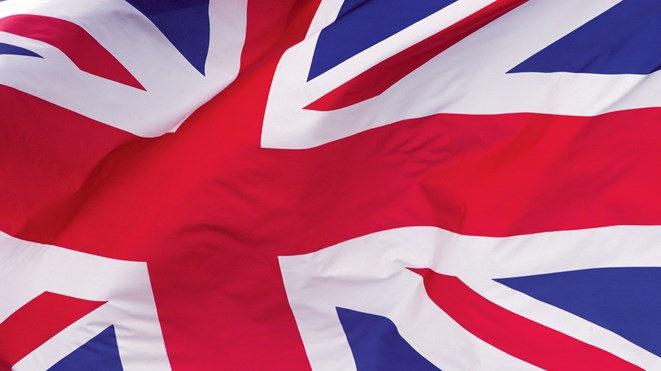By Lionel Rudd
Leaving England, I immigrated to Canada in 1965, which I viewed as the land of no opportunity.
A so-called united Europe was a topic of off and on discussion long before Britain joined the European Common Market around 43 years ago. The concept of a United Europe was — and still is — very sound. Britain and Ireland are the only countries (along with Malta) not part of the main European landmass.
After several centuries of war culminating in the catastrophes of World War I and World War II, it made both economic and political sense to unite — no more wars.
It had another rather more supple impact in the UK and the Republic of Ireland, and on the "Sectarian Troubles" in Northern Ireland. There was always the recurring theme of a United Ireland, but the European Union managed to somewhat limit the zest for the militant groups who wanted a united Ireland.
By eliminating all boarder restrictions and allowing people to move freely around the member countries, obtaining employment anywhere in the EU, the border between the Republic of Ireland and the six British counties of Northern Ireland became just an old line on the map. It rendered the idea of Northern Ireland joining the Republic somewhat redundant, as all Europe was essential one state now — a sort of unwitting union. The main difference being that Britain refused to adopt the Euro currency.
However, like too many good things, the elected politicians handed over so much and too much power to an enormous bureaucracy residing in Brussels, Belgium.
Like all monolithic (and even lesser) bureaucracies, they become self-serving and garnered extreme salaries. Of course, as the bureaucracy grew, they had to find something to do, so they had time to dream up all kinds of policies, rules, regulations and laws, some really quite absurd that eventually died a silent death.
They would dream up ideas like the selling of eggs by weight rather than by the traditional dozen based on well-established sizing. Another was the imposition of metrication. One small market stall holder actually went to jail because he continued to sell bananas in pounds rather than kilograms (it cost him his health and his life.)
Another wizard idea was to ban all sufferers of diabetes from driving. This was quickly abandoned when too many of the members of the European Parliament discovered that they had diabetes.
What no doubt drove the vote to leave the EU was the fact that the British people felt that too much of their hard-earned cash was being squandered frivolously by the European Parliament in Brussels.
The moral being to all bureaucracies — a wake-up call whether in Sudbury or Europe — keep a very close watch on the people you are supposed to serve or you might find a voter revolt as in Britain. Few bureaucrats could ever find real employment in real industry, so should be justifiably terrified.
An excellent lessen on how bureaucracy works is to watch reruns of the British sit-com Yes Minister and Yes Prime Minister.
Lionel Rudd lives in Greater Sudbury. Do you have an idea for The Soapbox? Send it to [email protected].
